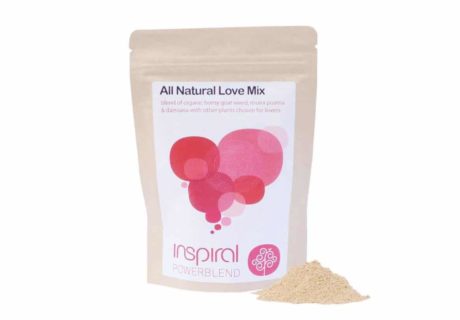This week the New York State Attorney General Eric Schneiderman instructed four of America’s biggest retailers – GNC, Target, Walgreens and Wal-Mart – to stop selling a significant number of their own-label herbal supplements after they were found to be adulterated with non-herbal ingredients.
Tests carried on 24 products claiming to be seven different types of herb – echinacea, garlic, ginko biloba, ginseng, saw palmetto, St John’s wort and valerian root – showed that 19 either contained none of the advertised herb, or contained additional non-herbal ingredients. Powdered rice, houseplants, wheat and beans were among the fillers found in the supplements.
“Contamination, substitution and falsely labelling herbal products constitute deceptive business practices and, more importantly, present considerable health risks for consumers,” warned letters sent to the four retailers.
The story has made headlines in national newspapers and websites across America. ‘Massive herbal-supplement scam uncovered’ blazed one, in the current affairs magazine Salon. The New York Times also went to town with story.
But the herbal products industry, and some scientists, have questioned the type of tests used by investigators – DNA barcoding.
Industry groups say DNA testing for herbals is an insufficiently developed science to be used in isolation and, since DNA can be damaged or destroyed during processing, it may produce misleading results. The trade body Council for Responsible Nutrition asserted that DNA testing “was the wrong type of test for these products”.
“Let’s not have the ‘Let’s burn down the New York Times’ knee-jerk reaction”
Harvard Medical School assistant professor Pieter Cohen, an independent expert on supplement safety – and sometimes supplements critic – told the New York Times that the tests results were so extreme that he found them hard to accept. However, he added, “if this data is accurate, then it is an unbelievably devastating indictment of the industry.” Perhaps for that reason, the executive director of the Natural Products Association, Daniel Fabricant, says that industry should avoid reacting with “moral outrage” before all the facts are known. He told Natural Foods Merchandiser: “Let’s not have the ‘Let’s burn down the New York Times’ knee-jerk reaction. We don’t know what was tested, how it was tested. You can’t even start to draw any conclusions or learn anything from it.”




